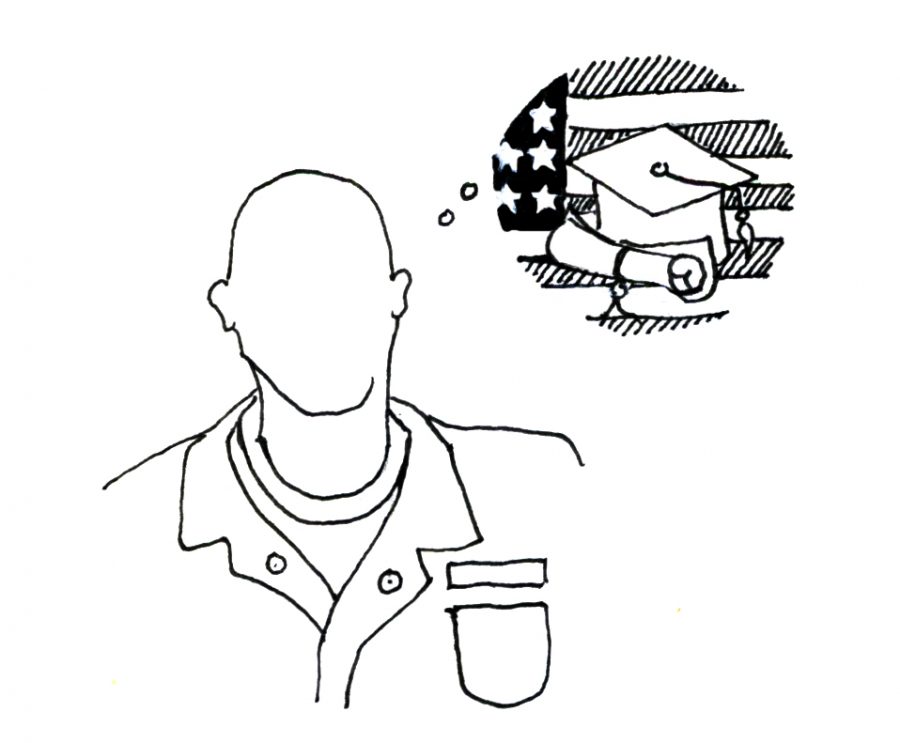Immigrants are Americans too
December 1, 2016
A couple of weeks ago, I attended the Immigration Trip Studies that showed me another side of America that I didn’t fully grasp before. The trip left a big impression on me, not simply because I got to learn immigration-related issues that I didn’t know about, but mostly because I had the opportunity to meet with people who are directly affected by the immigration policies in U.S. and who live everyday with the fear of being deported and separated from their families.
Being in the Whitman bubble often makes you forget about the outside world and the major significant issues that other people our age face. It makes one unaware of the many organizations and people who work hard every day to oppose a system that is unjust, ineffective and which gambles with the lives of real people. When we went inside the detention centre in Tacoma, we had the chance to observe with our own eyes how undocumented immigrants were being kept there and treated as prisoners. I spoke with a Mexican man who had been living in U.S. for 40 years and was being kept in detention without having had a hearing session during the nine months he had been there, when in fact, according to the law, he has to be granted this right within the first six months of stay. He told me that not only was his right for having a hearing in front of the judge taken away from him, but he was also being exploited by working without getting any money. He said that the system was set up like that: private detention centers would keep people inside as much as possible, from a couple of months to a couple of years (depending whether the detainees had some criminal offences in their records), in order to benefit without paying them. When I asked him if he had any hope, he told me he had no chance of getting out from there and would soon be deported back to a country that he hadn’t seen for most of his life. He felt completely betrayed and disappointed since he considered himself part of this country, but this country didn’t consider him a part of itself.
The story of another immigrant student left an immense impact on me. Her name was Cecilia and she was a DACA (Deferred Action for Childhood Arrival) student. This important policy was issued by the Obama administration in 2012 and allows undocumented immigrants who entered the country as minors prior to 2007 to receive a renewable two-year period of deferred action from deportation and eligibility for work permit and continuation of their studies. This piece of legislation changed the lives of many, including Cecilia, who was now very fearful for her future. She had come to U.S. 15 years ago, when she was a small child, grew up here, worked hard for her education and in the process built her identity as an American. Unfortunately, DACA can be rejected by the new president in January, thus leaving her and many other immigrant students without any possible protection from deportation.
I had never thought of my life as depending on a specific law, but seeing Cecilia cry when she was describing her story and how scared she was of being sent to a country that she doesn’t belong to anymore made me reflect on how now more than ever there is a need to take action in order to change the system and not just to accept the struggle of millions.
I think the fact that it is a human rights issue that affects millions of people in U.S. is a more than enough reason to show solidarity and to care about how the policies of the government shape people’s lives. Just because an issue doesn’t touch you personally doesn’t mean that it doesn’t exist or that you should forget about it.
When the new president-elect comes in January and decides to refute important legislations such as DACA, you should not just write solidarity messages on Facebook, but protest against it.




